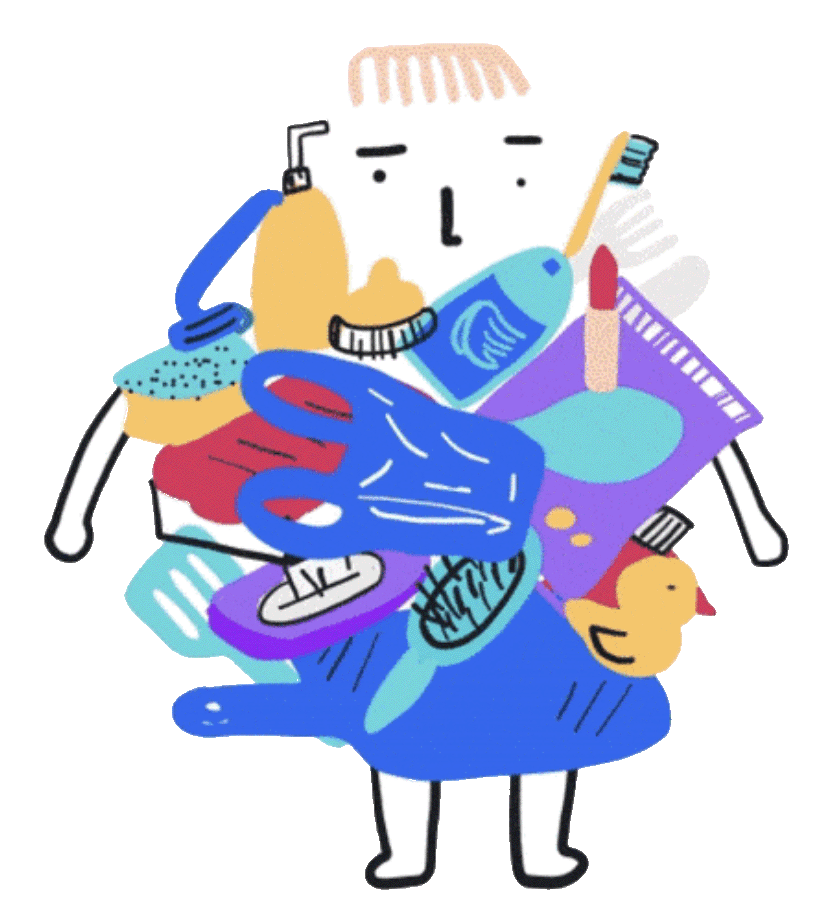The clothing sector’s negative impact on the earth is huge. The sector needs to become more sustainable: by now almost 70% of all clothing is made of plastic from oil. This results in a huge environmental impact and a threat to our health.
The approach of this fair is to show that it is quite possible to make clothes from sustainable materials. The alternative to plastic is already available: more than 10,000 new materials and innovations were presented at the Future Fabrics Expo
presented.
Plastic Soup Foundation was also present. For example, our video
‘Life is Plastic’ ran prominently on the exhibition floor and our director and founder Maria Westerbos led the panel discussion ‘Clothes that don’t make us sick: solutions to the problem of plastics’.
Panelists included Professor Barbro Melgert of the University of Groningen (specializing in the harmful effects of plastics in lungs), Patrick Grant (founder Community Cloting), Carmen Danner (director Heiq AeoniQ) and Luke Haverhals (CEO of Natural Fiber Welding).
Professor Melgert opened the discussion with her concern that microplastics are entering our lungs and causing negative effects there. This worries her. Her main tip is that we should properly vacuum and air our homes and workplaces, and of course we can choose better products that lose less microplastics.
Patrick Grant, who has just released his book LESS and is known from the BBC series The Great British Sewing Bee, addressed what he sees as the ridiculous amount of clothing we have in our closets. We now have five times more clothes than we did 20 years ago: in his youth, he had only a small pile of clothes that he used for a very long time. And that was fine. He thinks the clothing industry should drastically reduce production and make a pass. Clothing is not a basic necessity of life, if we stop producing clothing tomorrow we could easily go on for years to come. Patrick advocates better quality clothing, made in a fair way, that is repairable and reusable. Local communities play an important role in this.
Innovators and entrepreneurs Luke Haverhals of Natural Fibers Welding and Carmen Danner showed on stage that alternative products have been around for a long time. Clothing made from organic materials is rapidly becoming available. The challenge for now is to scale up this other way of producing. In doing so, it is very important that these parties have a fair chance to succeed. Maria’s question as to whether a Plastic Tax would help is answered approvingly. Although, of course, it would already help if all subsidies from oil stopped, making it more expensive to produce synthetic clothing.
As a bouncer, Patrick Grant and Professor Melgert closed with the call to continue on the right path above all and never lose hope for a better world.

